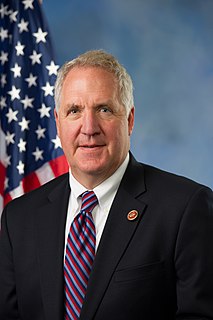A Quote by William Ernest Hocking
Principle III: Presumptive rights are the conditions under which individual powers normally develop.
Quote Topics
Related Quotes
Confusion conditions activity, which conditions consciousness, which conditions embodied personality, which conditions sensory experiences, which conditions impact, which conditions mood, which conditions craving, which conditions clinging, which conditions becoming, which conditions birth, which conditions aging and death.
Free institutions are not the property of any majority. They do not confer upon majorities unlimited powers. The rights of the majority are limited rights. They are limited not only by the constitutional guarantees but by the moral principle implied in those guarantees. That principle is that men may not use the facilities of liberty to impair them. No man may invoke a right in order to destroy it.
Any group or "collective," large or small, is only a number of individuals. A group can have no rights other than the rights of its individual members. In a free society, the "rights" of any group are derived from the rights of its members through their voluntary individual choice and contractual agreement, and are merely the application of these individual rights to a specific undertaking... A group, as such, has no rights.
Norms appearing in the form of law entitle actors to exercise their rights or liberties. However, one cannot determine which of these laws are legitimate simply by looking at the form of individual rights. Only by bringing in the discourse principle can one show that each person is owed a right to the greatest possible measure of equal liberties that are mutually compatible.
Of all the statist violations of individual rights in a mixed economy, the military draft is the worst. It is an abrogation of rights. It negates man’s fundamental right-the right to life-and establishes the fundamental principle of statism: that a man’s life belongs to the state, and the state may claim it by compelling him to sacrifice it in battle. Once that principle is accepted, the rest is only a matter of time.
When great powers fade, as they inevitably must, it's normally for one of two reasons. Some powers exhaust themselves through overreach abroad, underinvestment at home, or a mixture of the two. This was the case for the Soviet Union. Other powers lose their privileged position with the emergence of new, stronger powers.
Reason cannot desire for man any condition other than that in which not only every individual enjoys the most absolute, unbounded freedom to develop himself out of himself, in true individuality, but in which physical nature, as well, need receive no other shaping by human hands than that which is given to her voluntarily by each individual, according to the measure of his wants and his inclinations, restricted only by the limits of his energy and his rights.
There is always a very delicate interplay between individual actions and institutional conditions. But there is no such thing as institutional conditions without any individual actions and no such thing as individual action without institutional conditions. So there is always personal responsibility.





































